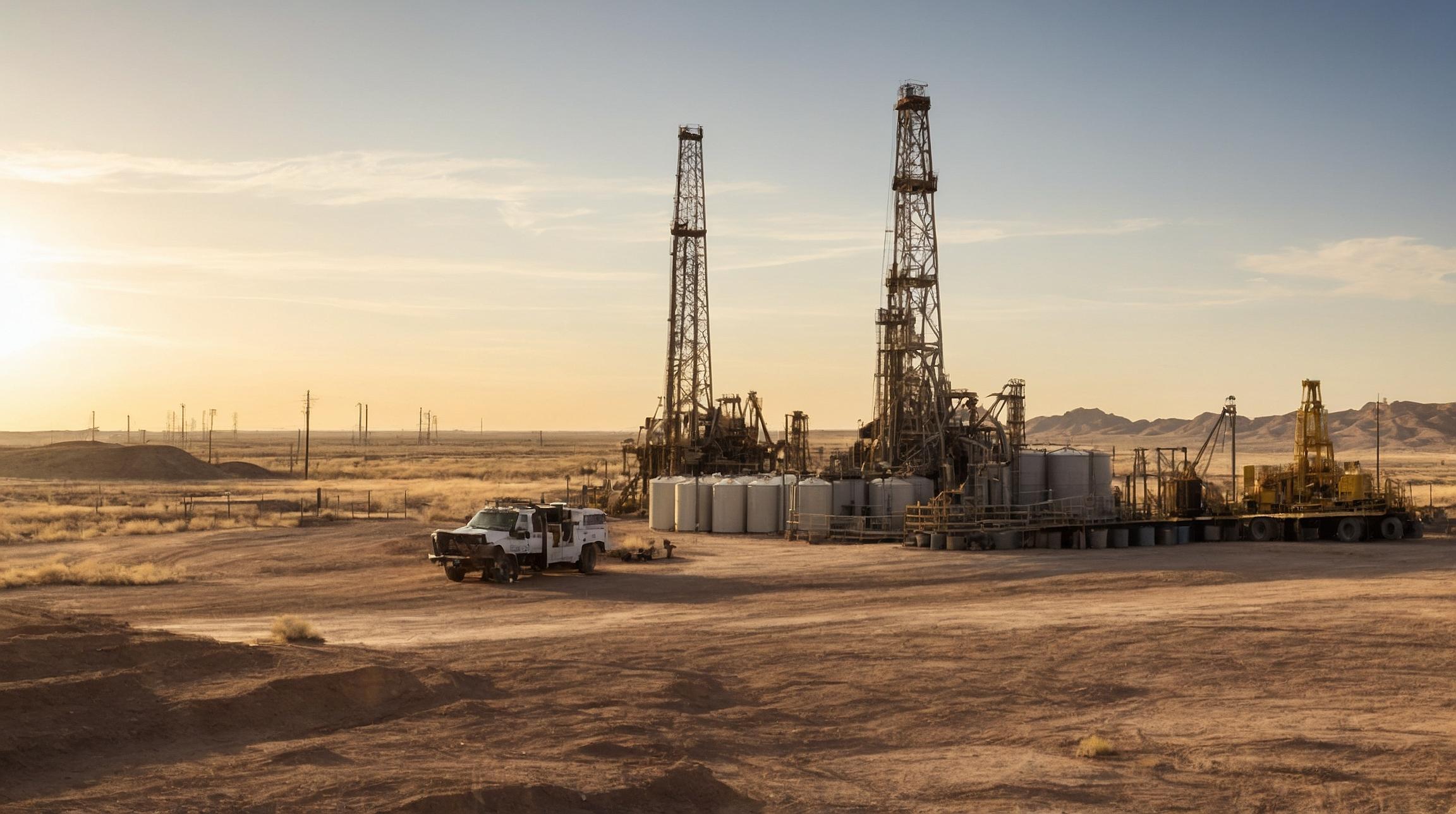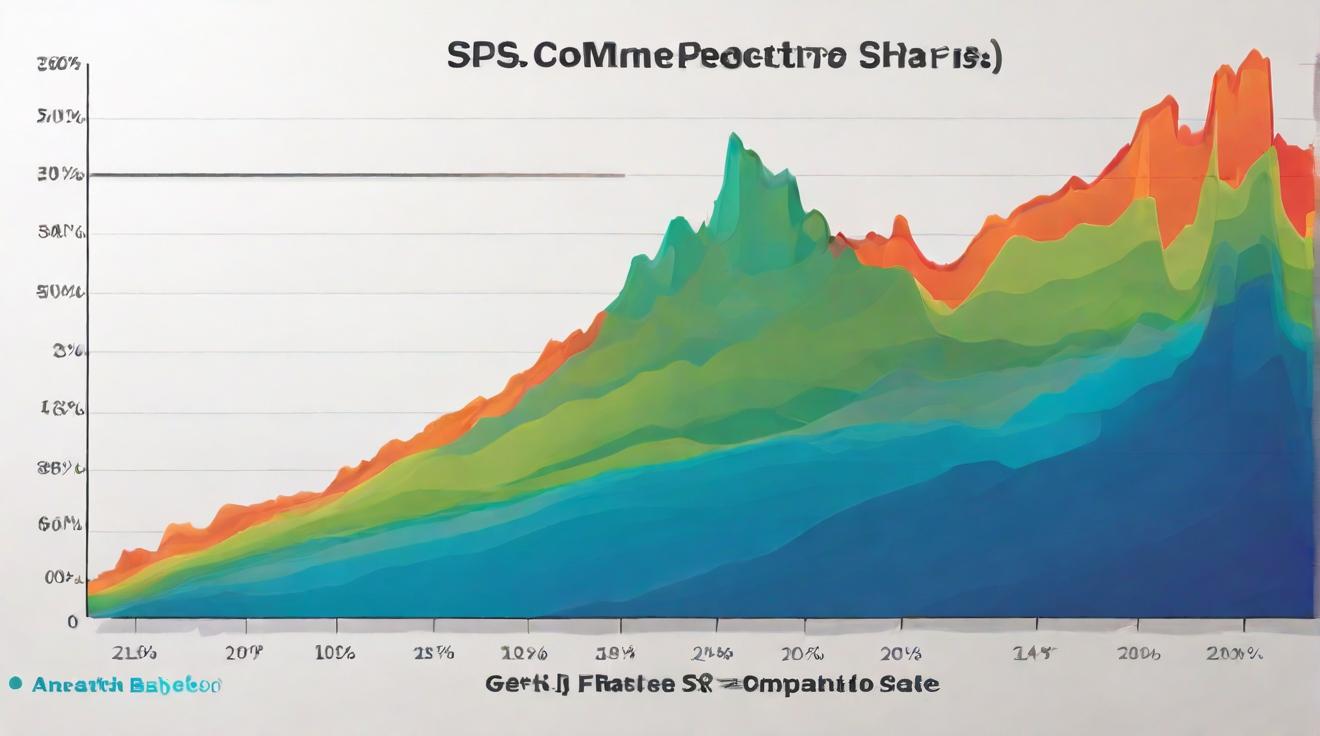EPA to Review Texas Oversight of Oil, Gas Wastewater Disposal Wells
WASHINGTON (Reuters) – The U.S. Environmental Protection Agency (EPA) will review Texas' oversight of wells used for injecting oil drilling wastewater and carbon dioxide into the ground following substantial concerns from environmental groups. These operations have been linked to a number of well blowouts, sinkholes, and seismic activity. The EPA announced the review in a letter to the environmental groups on May 23, which was seen by Reuters on Friday. There was no immediate response from an EPA spokesperson when contacted for comment.
Concerns from Environmental Groups
Nine Texas-based environmental and watchdog groups, led by Commission Shift and Clean Water Action, formally requested this review in March. Texas has the authority to permit "Class II" injection wells, which are used to dispose of drilling wastewater and for injecting carbon dioxide underground to enhance oil recovery. The groups expressed concerns about frequent incidents of blowouts from unplugged wells and seismic activity, particularly in the Permian oil basin in the west of the state.
Petition for EPA Review
The groups have urged the EPA to evaluate whether the Texas Railroad Commission (RRC), the state agency responsible for regulating oil production, exploration, and transportation, is meeting federal standards under the Safe Drinking Water Act. This act is designed to safeguard public health and the environment. An RRC spokesperson stated Friday that the EPA has not yet contacted them and defended the commission's track record. "The RRC has a long-standing history of regulating underground injection that is protective of the environment and public safety," said commission spokesperson Patty Ramon.
High Concentration of Injection Wells
There are approximately 180,000 Class II injection wells across the United States, with the largest concentration in Texas, according to the EPA. Environmental groups that filed the petition expressed concerns about poorly managed Class II wells and lack of transparency from the RRC. They believe the root causes of well leaks and blowouts have not been adequately examined or openly discussed.
"We believe that a rigorous and transparent evaluation by the EPA will ultimately lead to stronger protections for our water resources and greater accountability for regulatory practices," said Virginia Palacios, executive director of Commission Shift.
Regulatory Concerns and Future Oversight
The RRC has applied for authority, or "primacy," from the EPA to run its own permitting program for injecting carbon dioxide underground for permanent storage. Commission Shift said the existing concerns about the RRC's management of wastewater disposal and carbon for oil recovery highlight potential issues with its ability to regulate carbon sequestration effectively.
The upcoming EPA review will be closely watched by both environmental groups and industry stakeholders, as it could lead to significant changes in how waste disposal wells are regulated in Texas, impacting environmental safety and public health standards.













